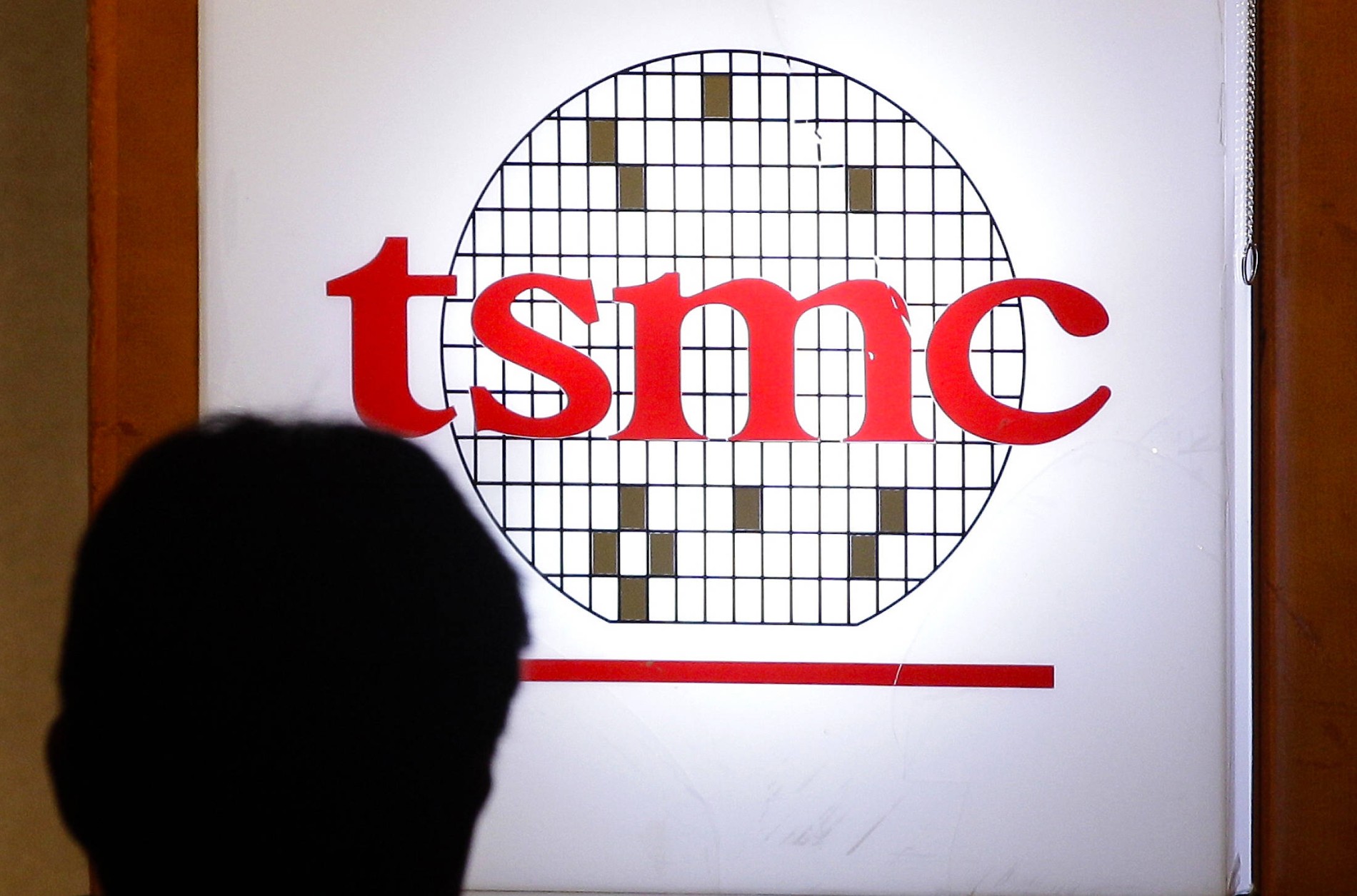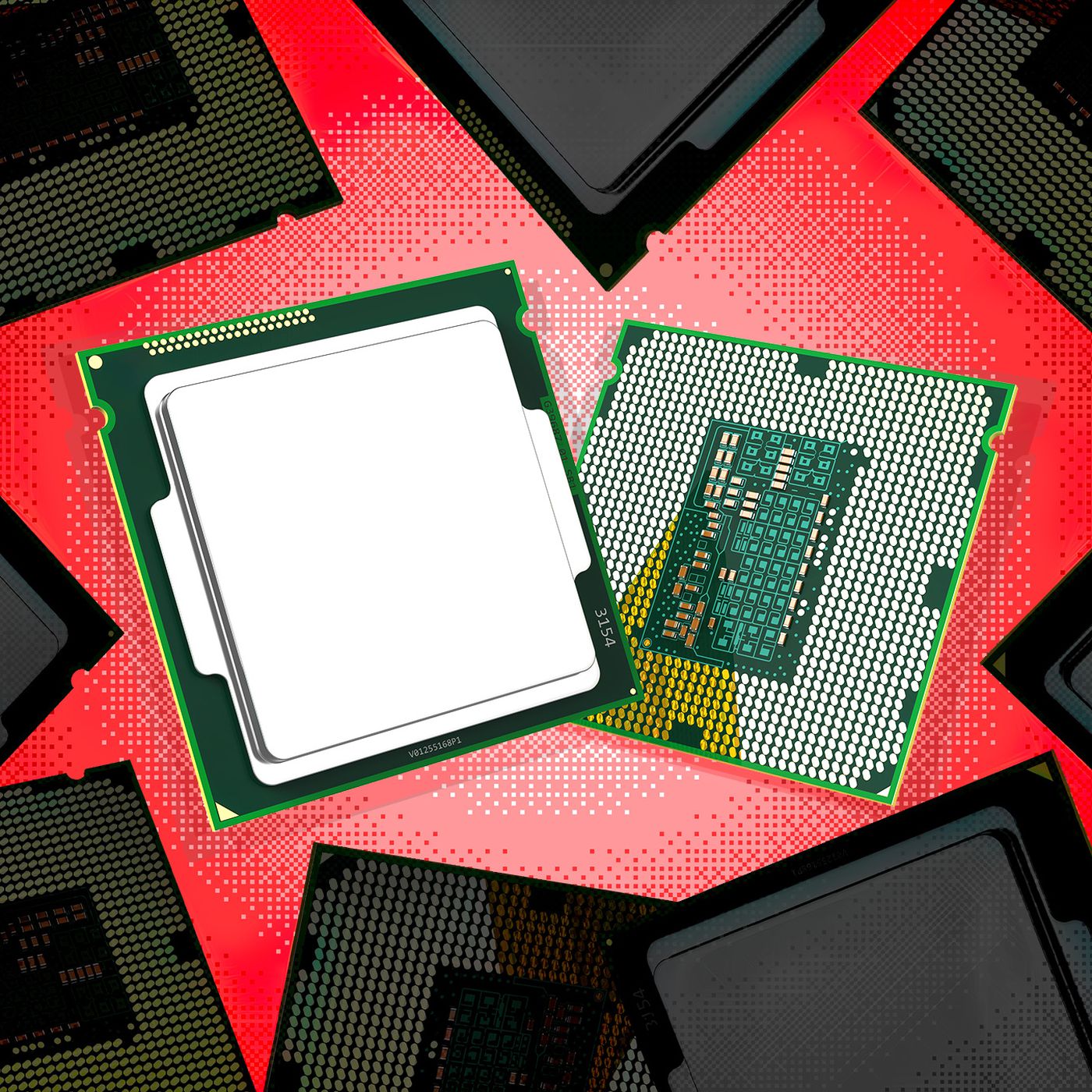Electronics will get even more expensive as chip giants raise prices
Bain semiconductor market analyst Peter Hanbury told CNBC: “Chip foundries have seen a 10-20% increase in prices over the past year. We anticipate another, but smaller, rally to come. (only at 5-7%)”.
Chip foundries are raising prices for a variety of market and supply-chain reasons, but also to fund their growing operations.
“The chemicals used in chip production have increased by 10-20%, similarly, the labor required to service the new semiconductor facilities is also in short supply and wages for this worker are increasing. up,” said Hanbury.

The world’s largest chip foundries – including Taiwan Semiconductor Manufacturing Company, Samsung and Intel – are considering raising prices further. Photo: @AFP.
TSMC has warned customers for the second time in less than a year that it plans to raise prices, Nikkei Asia reported on May 10. Here, TSMC, the world’s largest contract chipmaker, is planning to raise prices by “single-digit percentages” on both mature and advanced chipmaking technology, according to six experts. understand the matter of this statement. It said the price hike plan would take effect in early 2023. TSMC cited concerns about inflation, rising costs and its own expansion plans as reasons for the price increase.
The two experts say price increases will range from 5% to 8% for process technologies ranging from manufacturing products ranging from advanced processors, interconnect chips and sensors, to microcontrollers. controller and power management IC.
“The early announcement is to provide clients with some stepping stone to prepare for a price correction, while TSMC’s price move is to address growing costs and capital needs for expansions.” historical scale,” one of the people with knowledge of the matter told Nikkei Asia.
Rising production costs are weighing on chipmakers, at a time when demand for smartphones and personal computers has slowed due to market uncertainties caused by inflation, war Ukraine and COVID-related closures in China. The price hike also reflects the overwhelming cost of driving TSMC’s own expansion: The company is spending $100 billion through 2023 to increase capacity, with $40 billion to $44 billion dedicated to this year. .
Smaller competitors such as United Microelectronics and Semiconductor Manufacturing International Co. raised prices several times in the last year and in some cases actually charged more than TSMC. However, such a rare move by TSMC has shaken the chip industry. Not only that, but ASML, Europe’s largest maker of chip tools, told investors it faced concerns about inflation, rising labor, materials and energy costs, as well as rising costs. Additional fees for securing parts.
In another development, rival Samsung will raise the cost of chip production by up to 20%, Bloomberg reported last Friday. Samsung did not immediately respond to a request for comment from CNBC.
“With the continued shortage of semiconductor chips, manufacturers could charge higher as customers continue to push to secure supply,” Hanbury said, adding that it was hoped the shortage would ease. will begin to ease off for certain types of chips later this year. Intel did not immediately respond to CNBC’s request for comment.

The chip shortage is driving up prices of electronics. Photo: @AFP.
Increase with inflation
Forrester analyst Glenn O’Donnell told CNBC that the rise in chip prices should come as no surprise in the current economic climate with the risk of inflation starting to take over. Meanwhile, the past two years, the Covid-19 pandemic has contributed to the global chip shortage.
“Chipmakers face increasing supply shortages, exacerbated by the war in Ukraine,” O’Donnell said. Energy prices are also increasing, including for While chip manufacturing requires huge amounts of electricity, so despite the growing cost of living crisis, companies that integrate chips into their products may have to start pass the cost on to the end consumer”.
“Increasing chip prices will put additional stress on all end customers, which will make it difficult in the current business environment, or companies to accept lower margins. PCs, cars, appliances. games, consumer electronics, home appliances and many other products will be more expensive,” said O’Donnell, adding: “The margins for such products are already tight, so they don’t have no choice but to raise the price.”
Syed Alam, global head of semiconductors at Accenture told CNBC that the extent of the price increase will depend on the share of semiconductor costs in total product costs. It will also depend on manufacturers’ ability to cut costs in other areas, he added, and also on the competitive landscape of each product category. “Looking at these factors, products using higher-end chips such as GPUs (graphics processing units) and high-end CPUs (central processing units) are likely to increase sharply,” Alam said.
The International Consumer Technology Association, which represents companies like LG Electronics, Verizon and Amazon, said consumers may find it a little more difficult to pay. “We’re going to see prices go up. It’s going to be hard for retailers to keep prices the same as before,” said Rick Kowalski, senior director of business intelligence at CTA.
at Blogtuan.info – Source: danviet.vn – Read the original article here



